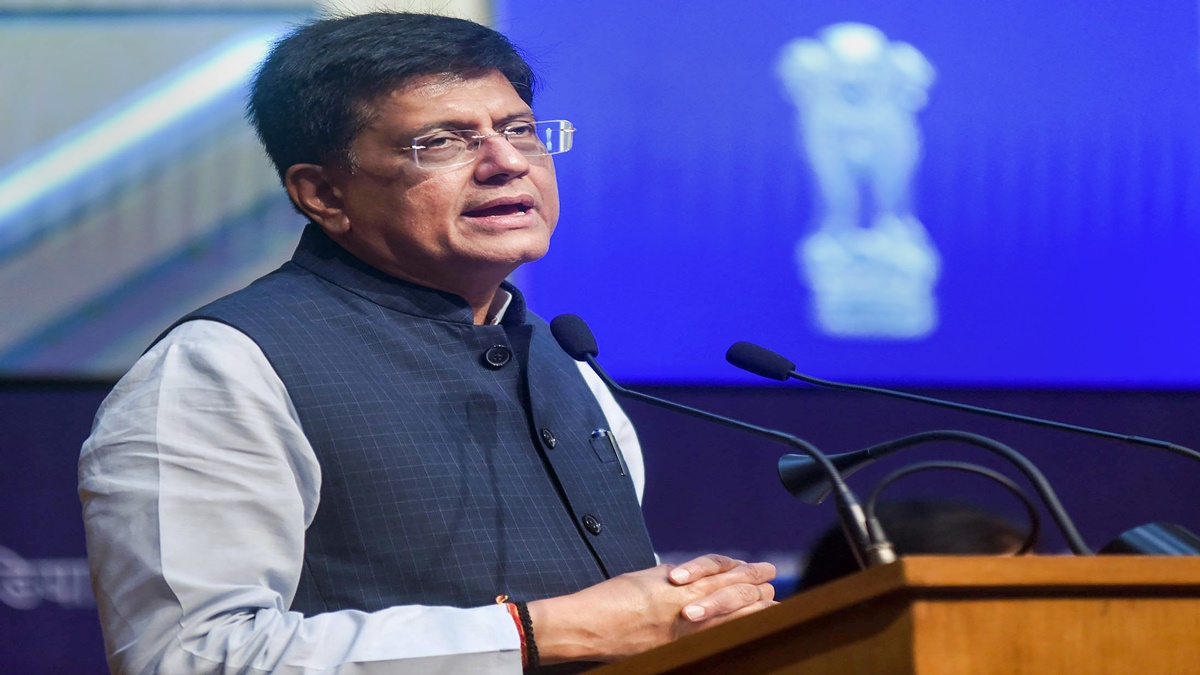Commerce and industry minister Piyush Goyal on Tuesday stated that the government may consider extending support to exporters in dealing with the European Union (EU) regulations such as the Digital Product Passport (DPP).
In a meeting with exporters, the minister urged them to enhance the utilisation of lower tariffs available under the existing Free Trade Agreements (FTAs) with over 13 countries and economic blocs.
The exporters were also informed that around 9–10 additional FTAs are currently in the pipeline. Discussions are ongoing regarding proposed FTAs with the EU and the US.
The DPP regulation, which is being rolled out under the EU’s Green Deal and Circular Economy Action Plan, aims to digitally record, store and share detailed information about a product’s entire life cycle—from raw material sourcing to manufacturing, usage, recycling, and eventual disposal.
This regulation will become mandatory for a wide range of products—starting with sectors such as electronics, batteries, textiles, and construction materials—beginning January 1, 2026. A broader rollout is expected to follow between 2026 and 2030. India, as a major exporter to the EU in many of these sectors, is likely to face direct impacts from the implementation of DPP.
The Export Promotion Mission (EPM) that was announced in the budget is now being finalised will have support to exporters to deal with technical regulations and non-tariff barriers as one of its components.
Apart from DPP, discussions were also held on EU Deforestation Regulation, Carbon Border Adjustment Mechanism and Eco Design Sustainable Product Regulation. These three regulations will also come into force on January 1, 2026.
The meeting also discussed proposed centralised exporters portal, The portal is expected to be a one stop shop for buyers to link with exporters in India and even undertake transactions.

